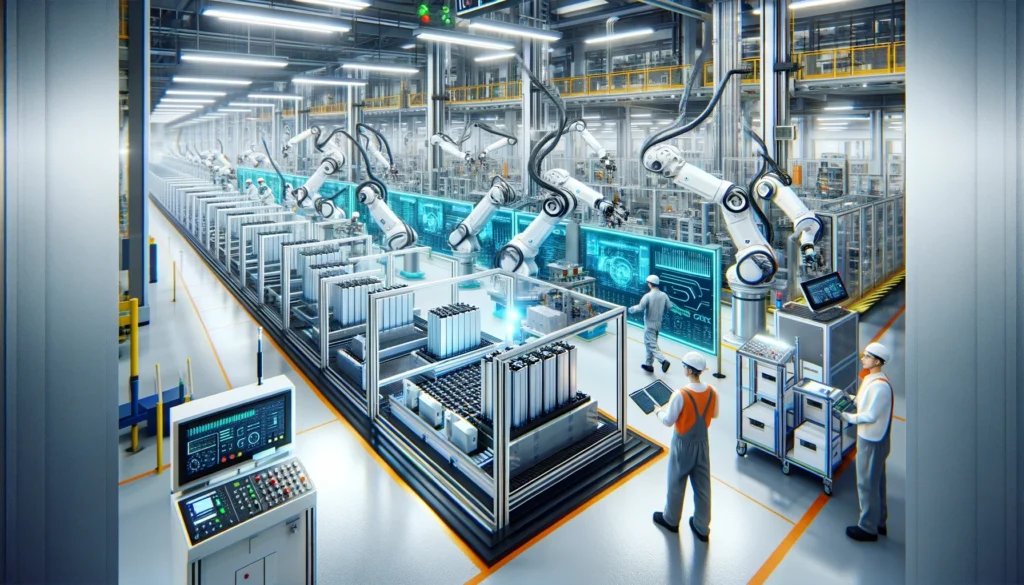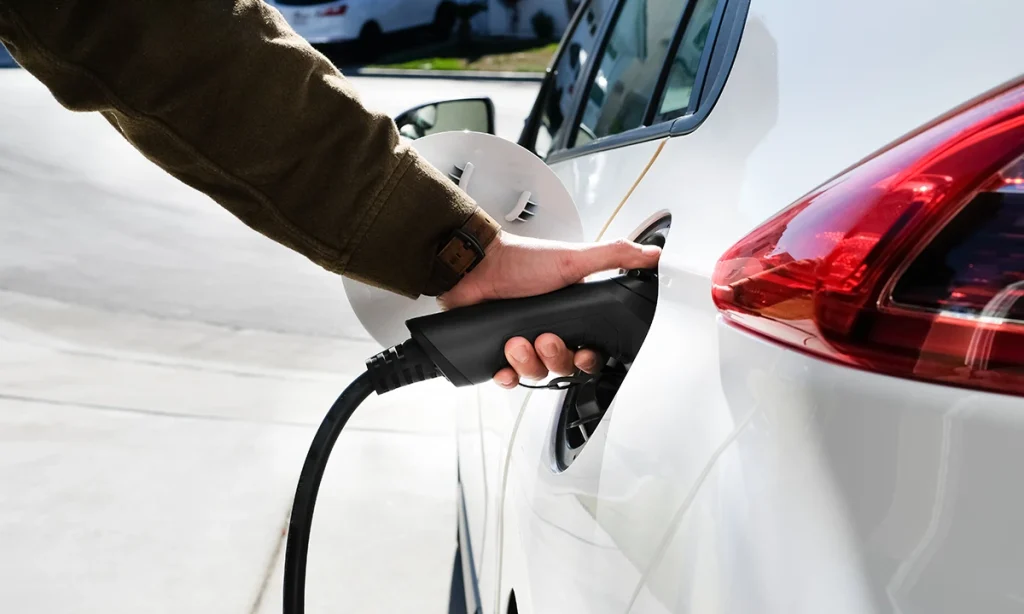In 2024, the electric vehicle (EV) industry stands at the cusp of a transformative era, marked by groundbreaking technological advancements. These innovations are not mere incremental updates but are pivotal shifts that promise to redefine the EV landscape. From batteries that store more power and charge faster, to smarter, more interconnected vehicles, the developments in this field are set to revolutionize how we think about and use electric vehicles. This article delves into these significant breakthroughs, exploring how they are poised to overcome current limitations and accelerate the transition to a more sustainable, efficient, and connected transportation future.
Types of EV Battery Advancements
In the heart of these advancements lies the evolution of electric vehicle battery technology. Solid-state batteries, representing a quantum leap from the traditional lithium-ion batteries, offer greater energy density, enhanced safety, and longer life spans. This advancement is crucial in addressing the perennial issues of range anxiety and long charging times – two of the most significant barriers to EV adoption. Beyond batteries, the integration of cutting-edge ev battery technologies in autonomous driving and vehicle-to-grid systems is also reshaping the EV experience, making it more seamless and integrated into our digital lives.
- Revolutionary Battery Technologies: A major game-changer is the development of solid-state batteries, offering higher energy density and safety compared to traditional lithium-ion batteries. Innovations in battery chemistry, such as lithium-sulfur and lithium-air, are also on the horizon, promising lighter, more efficient, and environmentally friendly options.
- Ultra-Fast Charging Solutions: The advent of ultra-fast charging technology is set to reduce charging times dramatically, potentially to mere minutes. This leap forward is crucial in making EVs more practical for long-distance travel and reducing range anxiety among consumers.
- Autonomous and Connected EVs: Enhanced autonomy in EVs is another key development. Integration of AI and machine learning will not only improve the driving experience but also play a pivotal role in vehicle-to-grid (V2G) systems, enabling smart energy management.
- Lightweight Materials and Advanced Aerodynamics: The use of novel lightweight materials and aerodynamic designs in EV manufacturing will significantly boost efficiency and range. Innovations in carbon fiber composites and advanced plastics are leading this trend.
- Sustainable Manufacturing and Recycling Practices: Sustainability in manufacturing processes and the recyclability of EV components, especially batteries, are receiving increased focus. This shift towards a more circular economy model in the EV sector is essential for reducing the overall environmental impact.
- Wireless Charging and Infrastructure Expansion: Developments in wireless charging technology and the expansion of charging infrastructure, especially in urban and remote areas, are critical for the widespread adoption of EVs.
- Government Policies and Incentives: Supportive government policies and incentives continue to play a crucial role in accelerating EV adoption. Initiatives like tax rebates, subsidies, and investment in charging infrastructure are key drivers in this arena.
Tesla EV Battery Advancements
In addition to this, Tesla, a forerunner in EV innovation, has recently turned its focus towards the development of rare earth batteries. This move is aimed at overcoming the limitations of traditional lithium-ion batteries and further enhancing the efficiency and performance of their vehicles. Rare earth elements, known for their exceptional magnetic, luminescent, and electrochemical properties, offer the potential to create batteries with higher energy density and longer lifespans. Tesla’s initiative in this realm is not just a leap forward in battery technology; it’s a strategic step towards reducing dependency on conventional battery materials, thereby addressing supply chain concerns and environmental impacts associated with lithium mining. This advancement by Tesla is expected to play a significant role in shaping the future of EVs, heralding a new era of more powerful, sustainable, and reliable electric transportation.
Final Thoughts
As 2024 unfolds, the electric vehicle (EV) industry is witnessing a transformative period marked by remarkable technological leaps. These advancements, spanning from revolutionary battery designs to autonomous vehicle technology, are not just enhancements; they represent a paradigm shift in automotive technology. They signal a future where electric vehicles are more accessible, efficient, and integrated into our energy systems. This evolution in EV battery technology is a critical step towards a sustainable future, echoing the global commitment to reduce carbon emissions and combat climate change. These innovations, supported by conducive policies and consumer acceptance, are key to achieving a greener, more efficient world of transportation. As we embrace these changes, the road ahead for electric vehicles looks more promising than ever.


